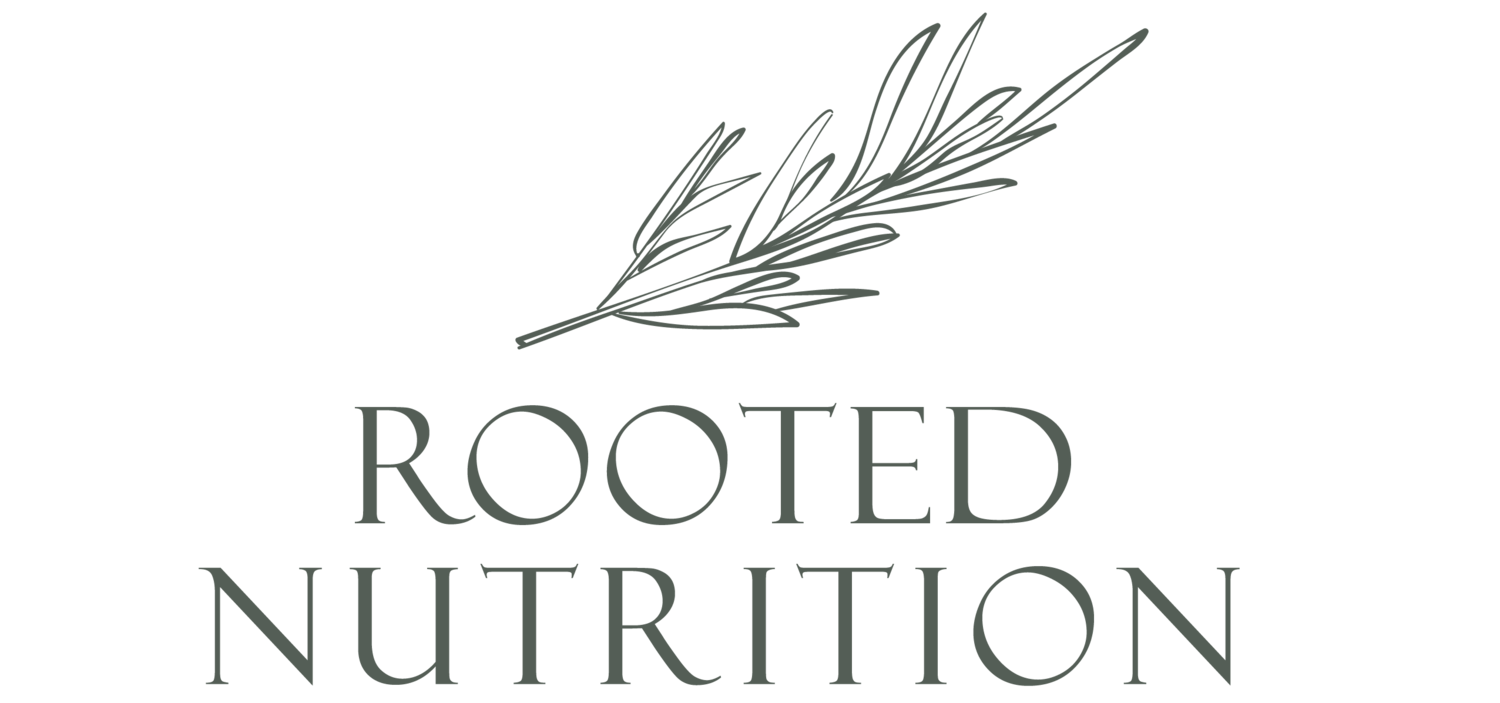What To Eat To Support Your Skin Health
Impaired nutritional status alters the structural integrity and biological function of skin. There are a magnitude of things you can do to support your skin health through nutrition. This article highlights some of my top nutrition tips, and why product choice is so important for our skin, and overall health.
Eat your fats!!
You may think that fat makes you fat, but it doesn't' t! It is an incredibly important macronutrient that makes up part of every cell in the body. Your skin relies on dietary fats to play several crucial roles.
Your body can’t produce its own essential fatty acids—they must come from the foods you eat. Omega-3 fatty acids are a component of the cell walls in the top layers of your skin, where they help prevent moisture loss and maintain a plump appearance. Within the skin, omega-3 fatty acids help regulate oil production, control inflammation, and fight oxidative damage. Likewise, omega-6 fatty acids are indispensable to skin’s barrier function and form the building blocks of your skin’s natural fatty barrier.
Omega 6 is more inflammatory and having too much can have negative effects to our skin and other bodily systems. The modern western diet usually includes an abundance of omega 6 fatty acids, and lacks in omega 3, so this is the area to focus on. Here are some examples:
Oily fish - Salmon, mackerel, anchovies, sardines, herring.
Pasture fed meat- the omega 3 comes from the animals varied diet as it grazes on various plants, shrubs and grass. Grain fed animals contain much higher levels of omega 6 and so are much more inflammatory.
Flax seed
Walnuts
Seaweed and Algae
Hemp seed
Supplements can be a great support to increase omega 3 content but always seek professional advice to help you chose an good quality supplement. Omega 3:6 testing is affordable and can also give a good indication to whether supplementation would be useful and what dose is needed.
Other great sources of fats to include in our diet are avocados, extra virgin olive oil and butter from pasture fed cows.
Increase your Fibre Intake
The gut microbiota (trillions if bacteria that live inside our large intestine) communicate with the trillions of bacteria that live on our skin (skin microbiota) via the gut-skin axis. This bacteria plays a huge role in our body's overall health, especially the health of our skin!
These beneficial gut microbes thrive by feeding on our dietary fibre. The more variety of plant foods (and fibre) the better for our gut!!
Eat a diet rich in fibre and plant based foods such as:
· Fruits and vegetables
· Wholegrains
· Beans, pulses, legumes
· Nuts and seeds
· Herbs and spices
Aim for 30 different plant foods per week, your gut will thank you, and so will your skin.
Mineral Intake
Adequate mineral intake is not only important for your skin, but also your energy, immunity, nervous function, cognition, mental health, healthy hair, nails, bone, as well as fertility.
Eggs - Great source of minerals and protein but also one of the best dietary sources of Choline. Choline helps restore elasticity and suppleness to sun-damaged skin, as well as strengthen brittle hair and nails.
Shellfish - Especially oyster! They are packed with all our essential minerals.
Organ meats - some people struggle with the thought of eating organ meats. If that's you there are some great supplements on the market (always seek professional advice when choosing supplements!)
Cruciferous vegetables - cauliflower, broccoli, kale, cabbage, Brussels sprouts, bok choy, and more.
Hydration
Lack of water can cause tissues to shrink, and the skin to become dry and wrinkled. Low fluid intake also has an effect on blood circulation, decreasing blood supply to the skin. This goes hand-in-hand with poor delivery of nutrients, causing a major decline in skin health and the appearance of the skin. So make sure you are drinking your water! Aim for 2-3 litres of water or natural herbal tea a day. It is important that you drink it gradually throughout the day, to ensure proper hydration.
Go Natural
I will leave you with the answer to a question I get asked a lot in my clinic. Is natural really better for the skin? It is a simple answer, YES! It is not just the skin that benefits from using natural products. According to the Environmental Working Group, women use an average of 12 products a day, containing 168 different chemicals (shampoo, lotion, makeup, etc.).
Many components in beauty products interfere with the body's carefully regulated hormonal system. They artificially increase the levels of hormones in the body, or impede their proper and essential breakdown. The wide-ranging world of skin and beauty products can be one that is hard to navigate. Unfortunately the word natural is often misused and does not guarantee that the products will not contain these hormone disruptors.
Knowing this, it is not surprising that there is a huge increase of hormone related conditions. A very common consequence of hormonal imbalance being skin symptoms (breakouts, acne, eczema etc.). If you see ingredients in a product that you do not recognise, Google is a great tool, but this can be quite time consuming. There are great brands out there, making safe, truly natural products and they are usually happy to answer questions about their products and ingredients, so don't hesitate to get in touch if you are unsure.
Download my free skincare recipe book to see these recommendations translated into recipes.
If Your Problems Persist
If you try these top tips and your skin issues persist, then further investigations will be needed. A stool test and nutrition plan would help find the root cause of your skin issues, and in only a few months will transform your skin health. I offer free 15 minute phone calls. So get in touch if you would like to find out if I can help you with your skin concerns.

